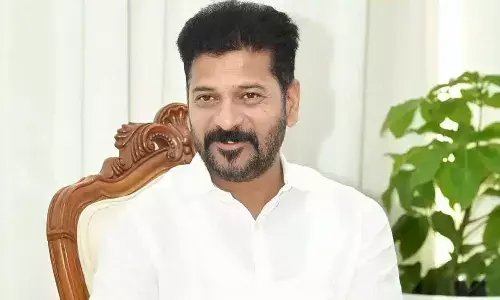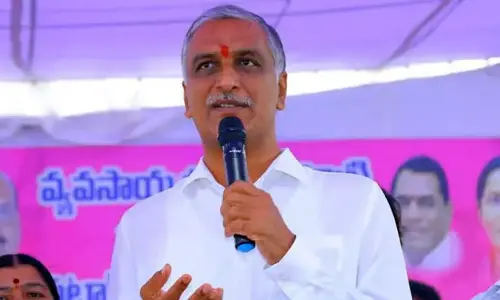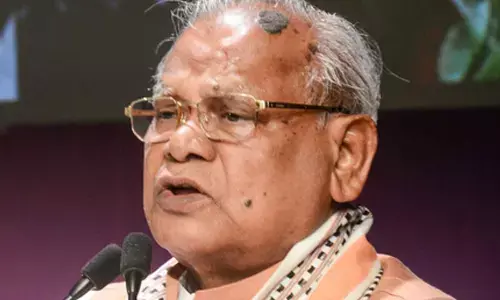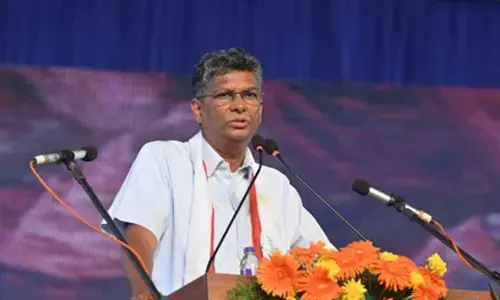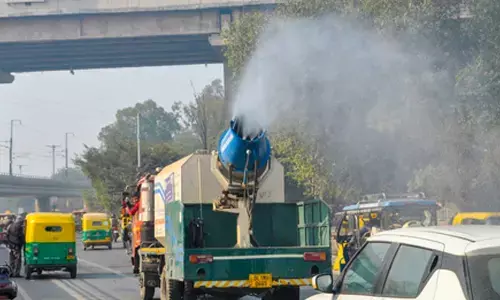Understanding State Legislatures
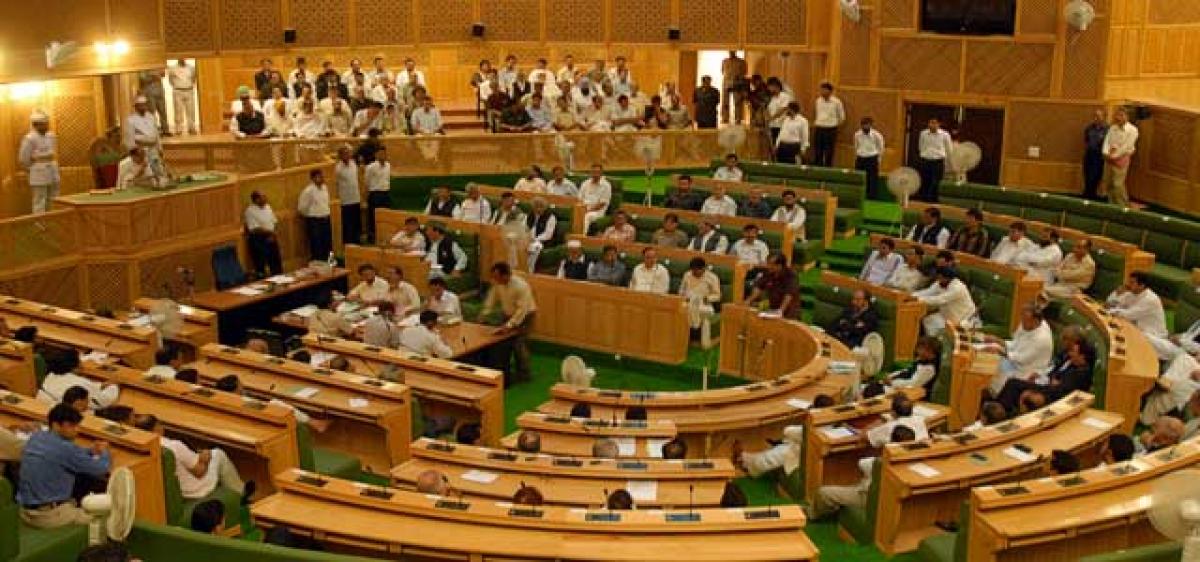
The State Legislature consists of the Governor, the Legislative Assembly (Vidhan Sabha) and the Legislative Council (Vidhan Parishad). In most of the States there are unicameral Legislatures.
The State Legislature consists of the Governor, the Legislative Assembly (Vidhan Sabha) and the Legislative Council (Vidhan Parishad). In most of the States there are unicameral Legislatures.
These State Legislatures consist of the Governor and the Legislative Assembly. The Parliament is empowered to set up or abolish the Vidhan Parishad in a State.
The Vidhan Parishad is partly indirectly elected and partly nominated. It is permanent House like the Rajya Sabha. It is never dissolved. The tenure of its members is six year. One third members retire after every two years.
Also Read:
Understanding Directive Principles of State Policy
The idea of Directive Principles of State Policy (DPSP) has been borrowed from Irish constitution and enumerated in Part IV (Article 36-51) of Indian Constitution.
Understanding Fundamental Duties
The Fundamental Duties of citizens were added to the Constitution by the 42nd Amendment in 1976, upon the recommendations of the Swaran Singh Committee that was constituted by the government earlier that year...
The minimum age for the membership of the Vidhan Parishad is 30 years; it is 25 years for Vidhan Sabha. Member of the Vidhan Sabha are directly elected by the people of the State on the basis of universal adult franchise.
Its tenure is five years, but the Governor can dissolve it earlier on the advice of the Chief Minister. In case of constitutional breakdown it may be dissolved by the President. The powers of the State Legislature are law-making, control over the finances, and the executive, electoral functions and constitutional functions.
The Vidhan Sabha occupies a dominant position. The Vidhan Parishad enjoys less powers as compared to the Vidhan Sabha in relation to ordinary bills, money bills, control over the executive and powers in regard to the election of the President, etc.
India that is Bharat shall be a Union of States. It means that there is one Union Government and several State Governments; It also means that Union (Centre) is more powerful than States. At present there are 29 States in the Indian Union and each one of them has a Legislature. Article 168 (1) talks about that for every state there shall be a legislature which shall consist of the Governor.
The State Legislature is a law making body at state level. In most of the States, the Legislature consists of the Governor and the Legislative Assembly (VidhanSabha).
This means that these State have unicameral Legislature. In a few States, there are two Houses of the Legislature namely, Legislative Assembly (VidhanSabha) and Legislative council (VidhanParishad) besides the Governor.Where there are two Houses, the Legislature, is known as bicameral.
Governor
Article 153 Talks about that there shall be a Governor for each State and appointment of same person as Governor for two or more states. The Governor of a state shall be appointed by the President by warrant under his hand and seal. The term of Governor hold office during the pleasure of the President. The Governor shall be a citizen of India and completed the age of thirty five years.
- Powers of the Governor can be broadly classified into executive, legislative (including financial powers) and judicial powers.
- Though the Governor has the power to pardon, he cannot pardon a death sentence.
- When the governor reserves a bill for the consideration of the President, the assent of the Governor is no longer required (only President’s assent would be needed then).
- The president is not bound to give his assent to a state bill reserved by the governor for the Consideration of the President and he can return the bill to the houses for reconsideration ‘n’ times.
Removal of Governors by center:
Disapproving the practice of replacing Governors after a new government comes to power at the Centre, the Supreme Court in 2010 had said that the Governors of states cannot be changed in an arbitrary and capricious manner with the change of power.
A five-judge Constitution bench headed by Chief Justice K G Balakrishnan held that a Governor can be replaced only under “compelling” reasons for proven misconduct or other irregularities. The Bench also said the Governor can be removed only under “compelling reasons” and what the compelling reasons are depends on facts and situations of a particular case.
The landmark decision came on a PIL filed was in 2004 by then BJP MP B P Singhal challenging the removal of Governors of Uttar Pradesh, Gujarat, Haryana and Orissa by the previous UPA government.
The judgment had provided an important exception, which now allows the Union government to build a file containing the reasons for a governor’s removal prior to the council of ministers headed by the PM making such a recommendation to the President.
Though the President can return the file, he must sign the recommendation in the event of Cabinet reiterating its decision. (The case is even then open for judicial review on grounds of “compelling” reasons for proven misconduct or other irregularities.)
Article 153: Governors of States
There shall be a Governor for each State:
Provided that nothing in this article shall prevent the appointment of the same person as Governor for two or more States.
Article 154: Executive power of State
(1) The executive power of the State shall be vested in the Governor and shall be exercised by him either directly or through officers subordinate to him in accordance with this Constitution.
(2) Nothing in this article shall—
(a) Be deemed to transfer to the Governor any functions conferred by any existing law on any other authority; or
(b) Prevent Parliament or the Legislature of the State from conferring by law functions on any authority subordinate to the Governor.
Article 155: Appointment of Governor
The Governor of a State shall be appointed by the President by warrant under his hand and seal.
Article 156: Term of office of Governor
(1) The Governor shall hold office during the pleasure of the President.
(2) The Governor may, by writing under his hand addressed to the President, resign his office.
(3) Subject to the foregoing provisions of this article, a Governor shall hold office for a term of five years from the date on which he enters upon his office:
Provided that a Governor shall, notwithstanding the expiration of his term, continue to hold office until his successor enters upon his office.
Article 157: Qualifications for appointment as Governor
No person shall be eligible for appointment as Governor unless he is a citizen of India and has completed the age of thirty-five years.
Article 158: Conditions of Governor’s office
(1) The Governor shall not be a member of either House of Parliament or of a House of the Legislature of any State specified in the First Schedule, and if a member of either House of Parliament or of a House of the Legislature of any such State be appointed Governor, he shall be deemed to have vacated his seat in that House on the date on which he enters upon his office as Governor.
(2) The Governor shall not hold any other office of profit.
(3) The Governor shall be entitled without payment of rent to the use of his official residences and shall be also entitled to such emoluments, allowances and privileges as may be determined by Parliament by law and, until provision in that behalf is so made, such emoluments, allowances and privileges as are specified in the Second Schedule.
(3A) where the same person is appointed as Governor of two or more States, the emoluments and allowances payable to the Governor shall be allocated among the States in such proportion as the President may by order determine.
(4) The emoluments and allowances of the Governor shall not be diminished during his term of office.
Article 159: Oath or affirmation by the Governor
Every Governor and every person discharging the functions of the Governor shall, before entering upon his office, make and subscribe in the presence of the Chief Justice of the High Court exercising jurisdiction in relation to the State, or, in his absence, the senior most Judge of that Court available, an oath or affirmation in the following form, that is to say—
“I, A. B., do swear in the name of God that I will solemnly affirm faithfully execute the office of Governor (or discharge the functions of the Governor) of …………..(name of the State) and will to the best of my ability preserve, protect and defend the Constitution and the law and that I will devote myself to the service and well-being of the people of ..………(name of the State) .”
Article 160: Discharge of the functions of the Governor in certain contingencies
The President may make such provision as he thinks fit for the discharge of the functions of the Governor of a State in any contingency not provided for in this Chapter.
Article 161: Power of Governor to grant pardons, etc., and to suspend, remit or commute sentences in certain cases
The Governor of a State shall have the power to grant pardons, reprieves, respites or remissions of punishment or to suspend, remit or commute the sentence of any person convicted of any offence against any law relating to a matter to which the executive power of the State extends.
Article 162: Extent of executive power of State
Subject to the provisions of this Constitution, the executive power of a State shall extend to the matters with respect to which the Legislature of the
State has power to make laws:
Provided that in any matter with respect to which the Legislature of a State and Parliament have power to make laws, the executive power of the State shall be subject to, and limited by, the executive power expressly conferred by this Constitution or by any law made by Parliament upon the Union or authorities thereof.



